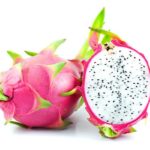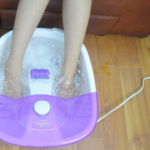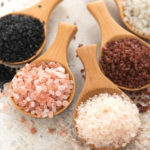Aside from the liver, which is known for its detoxifying functions, the kidneys, heart, lungs, and intestines also play a similar role in the body. To ensure an efficient detoxification process, here are 3 things to increase and 4 things to decrease that will help the body’s “detox machines” operate smoothly!
1 For the liver
The liver is an organ involved in most metabolic processes in the body, while also serving as a detoxifying system. To keep your liver healthy, remember these 3 things: drink plenty of water and consume fiber-rich foods, exercise regularly, and get enough sleep every day.
In addition, there are 4 things to avoid in order to protect your liver’s health: limit alcohol consumption, avoid foods with mold, manage anger, and prevent weight gain and obesity.
 Liver detoxification
Liver detoxification
2 For the lungs
The lungs are known as a “detox machine” that filters the air in our body, allowing us to breathe and sustain life daily. Like other organs, the lungs constantly work to keep you alive. To maintain lung health and minimize toxin accumulation and diseases, it is recommended to develop good daily habits as early as possible. These habits include: regular breathing exercises, staying hydrated, improving the air quality in your living and working environments.
Additionally, there are 4 things to limit for the well-being of your lungs: avoid smoking or being exposed to secondhand smoke, limit alcohol consumption, avoid staying up late, and minimize exposure to air pollution.
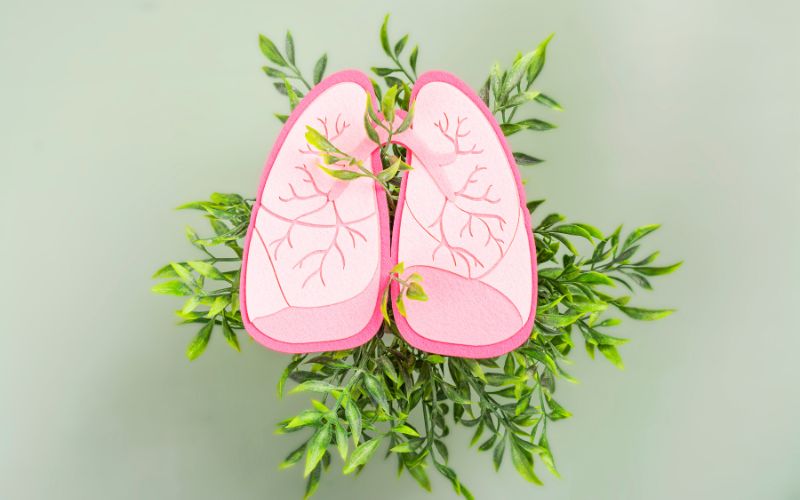 Lung detoxification
Lung detoxification
3 For the heart
Similar to the lungs, the heart works 24/7 without rest to maintain life in our bodies. The heart is responsible for pumping blood and nutrients throughout the body while also supporting the detoxification process by delivering oxygen and reducing toxins in the bloodstream.
To reduce the risk of blocked arteries and maintain a healthy heart, three things should be done: drink enough water daily, exercise regularly, and consume heart-friendly foods.
On the other hand, there are four things to limit for the well-being of your heart: reduce anger and excessive stress, limit consumption of fatty and salty foods, avoid smoking, and maintain proper oral hygiene.
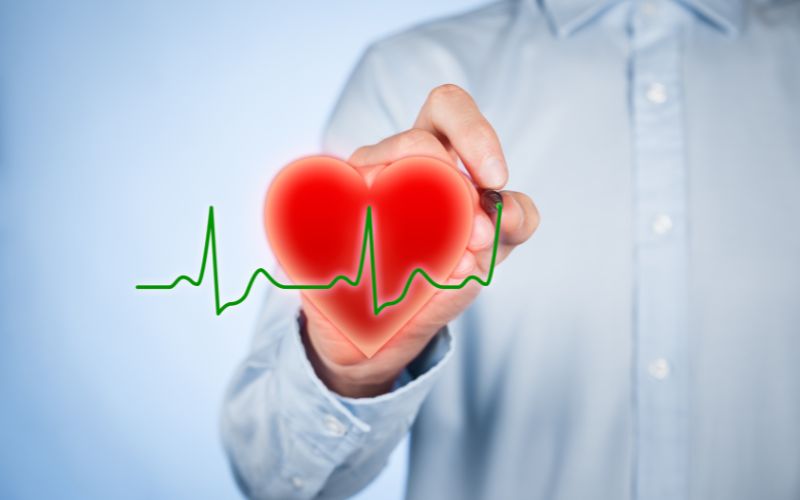 Heart detoxification
Heart detoxification
4 For the kidneys
The kidneys are organs responsible for filtering waste and toxins from the body by converting them into urine for excretion. They also play a crucial role in eliminating excess and harmful substances processed by the liver.
To protect your kidneys, consider these three things: drink plenty of water, maintain personal hygiene, and engage in regular physical activity. Additionally, it is important to avoid four things for your kidney health: holding your urine, excessive use of medication, staying up late, and consuming excessive salt.
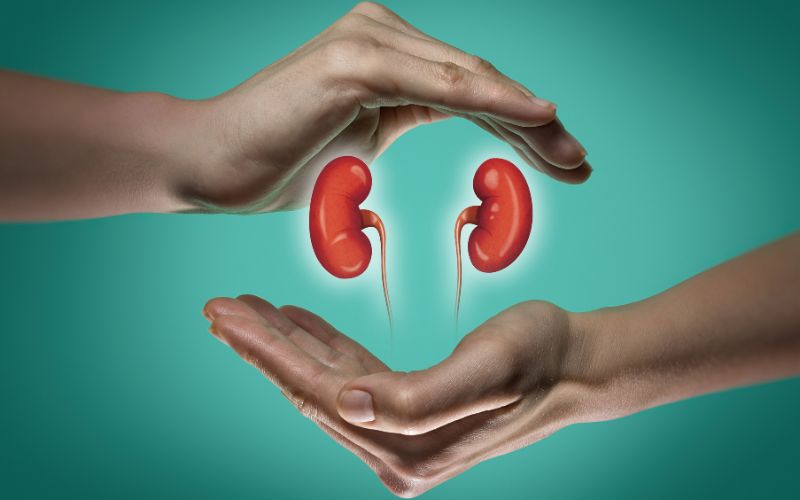 Kidney detoxification
Kidney detoxification
5 For the intestines
The intestines are vital organs in the digestive system that help eliminate toxins by excreting waste through bowel movements. They also contribute to protecting against harmful bacteria, viruses, and parasites, as well as regulating the body’s water balance.
To keep your intestines functioning properly, it is recommended to do three things: increase fiber intake, stay hydrated, exercise regularly, and maintain a relaxed and comfortable state of mind.
Furthermore, there are four bad habits to avoid that can harm your intestines: consuming excessive sweets or hard-to-digest food, eating too quickly, skipping meals, not paying attention while eating, smoking, drinking excessive alcohol, and avoiding prolonged sitting on the toilet.
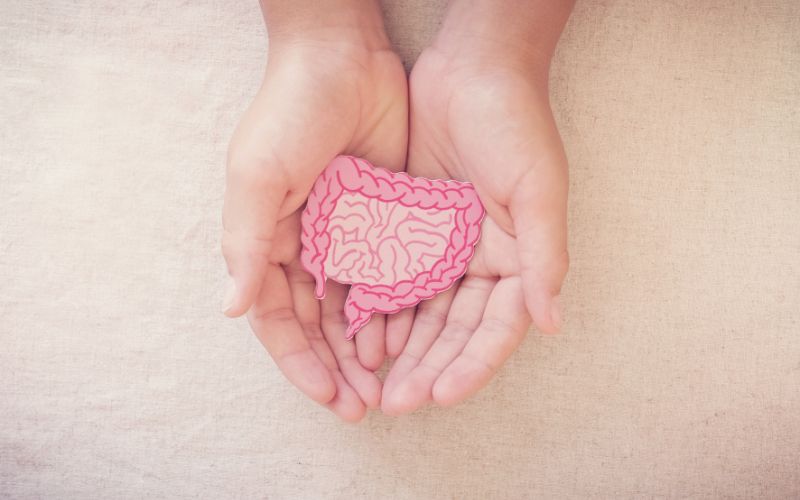 Intestinal detoxification
Intestinal detoxification
The information above provides details about the 3 things to increase and 4 things to decrease to help the body’s “detox machines” function optimally, which everyone should pay attention to. Hopefully, these insights will assist you in taking the best care possible of your health!
Sources: Good Morning Health, QQ, ETtoday


























